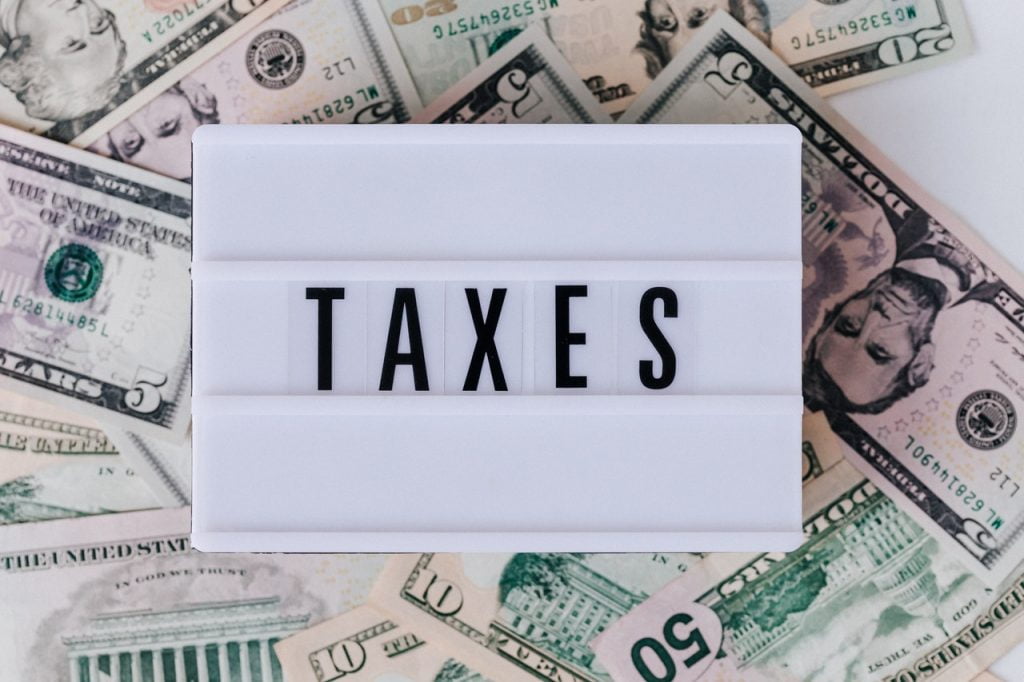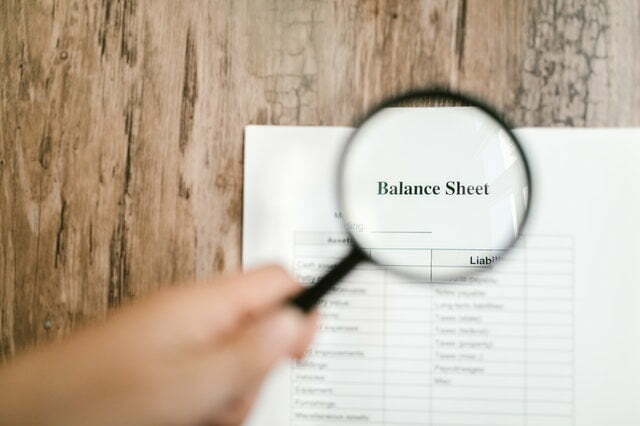How to Pay Taxes as a Freelancer
March 12, 2022

Working as a freelancer gives you flexibility regarding working hours, the clients you want to work with, and even the work location. In short, you get to be your BOSS!
To be precise, after the Corona Virus outbreak, more and more people are inclined towards self-employment, and there is no turning back.
As much as it seems exciting and intriguing, it comes with a bundle of responsibilities you need to bear. You have to track income, expenses and also pay taxes. Yes, you heard it right! after the significant reforms in off-payroll working rules(IR35), freelancers or self-employed in the UK have to pay several kinds of taxes, including Income Tax and Value Added Tax (VAT) from 6 April 2021.
This guide will help you to understand self-employed and freelance tax requirements better.
Sole trader or Limited company?
As a self-employed, there are two different routes you can take:
The first one is to operate as a sole trader. That means you are personally liable for all the business activities, including debt.
The second option is to form a limited company. You are a separate entity from your company and act as a director. You are not liable for any company debts if the company fails. Bonus! You pay less tax compared to a sole trader, though tax payment may be a little complicated because you have to pay personal and business tax separately.
What you as a new freelancer should do?
First thing first, you should register yourself as self-employed on HMRC’s self-assessment form. Make sure you register yourself before the deadline, 31 October of the following year. HMRC will send you your online account and a unique taxpayer reference ID, and the bill will be displayed within 72 hrs if you have filed your return online. If you have made a postal declaration, you will receive the bill by post.
You will have to pay the taxes by the end of January online or by October end if you plan to pay by post. If you miss the deadline, a penalty, as well as interest, will be levied.


How much taxes do you owe in the UK?
Follow the instructions mentioned on the website of HRMC and fill in the details carefully to receive an accurate tax calculation. Don’t forget to mention any company expenses accrued while running the business.
Whether employed or freelancer, everyone is allowed to earn a certain amount before paying taxes, known as personal allowances. For the tax year 2021-22, the personal allowance is £12570, so any income below this amount is not taxable.
Recent Post
Have Any Question?
If it’s an urgent question or just a simple query, get in touch.

